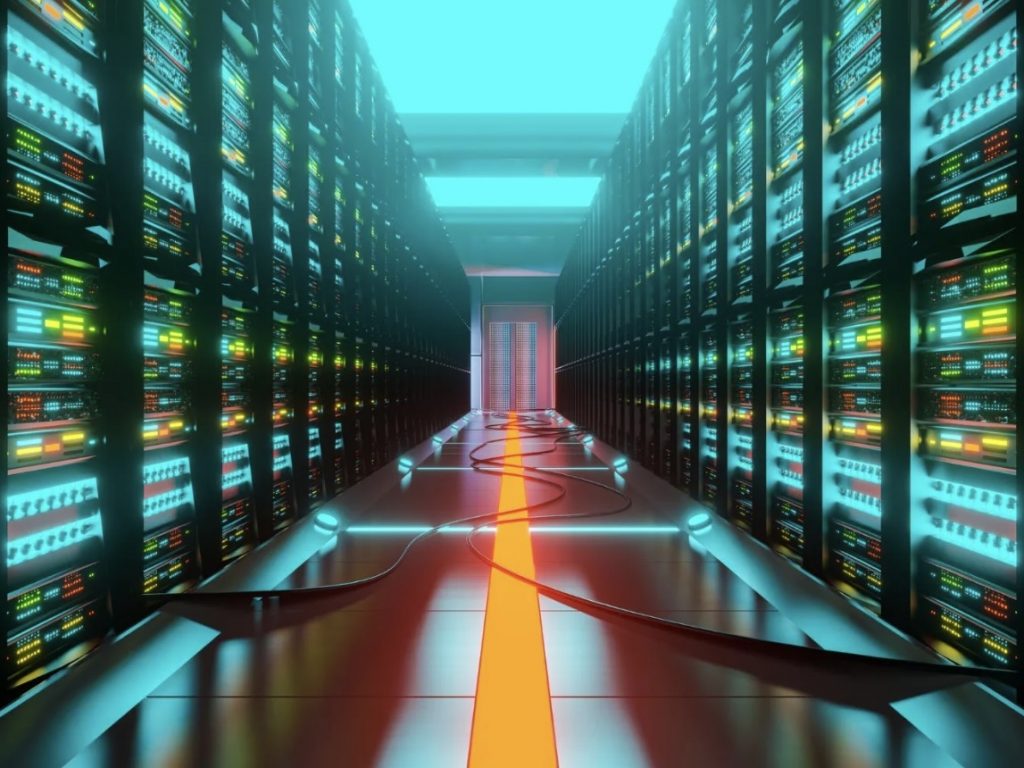- New Dell PowerEdge servers and enhanced storage solutions aim to support AI, containers, and traditional virtual machines.
- Company sees growing demand for flexible, scalable IT infrastructure to support modern and legacy workloads.
What happened: Dell expands PowerEdge for hybrid workloads
Dell Technologies has introduced its latest suite of server and storage solutions, aimed at enabling what it calls a “disaggregated” future of IT infrastructure. The updates span several key products, including Dell PowerStore, ObjectScale, PowerScale, and PowerProtect. At the core of the announcement are four new PowerEdge servers—R470, R570, R670, and R770—equipped with Intel Xeon 6 processors and available in 1U and 2U form factors.
These servers are designed to balance high compute performance with energy efficiency, addressing the growing demand from enterprises operating in hybrid IT environments. In these settings, organizations must run traditional virtual machines, modern containerised applications, and AI workloads seamlessly, all within a single infrastructure.
Varun Chhabra, Senior Vice President of Product Marketing at Dell’s Infrastructure Solutions Group, highlighted the evolution in enterprise IT priorities: “It is no longer just about supporting virtual-machine-based workloads. It’s about virtual machines, containers, and bare metal.” He added that Dell’s channel partners are essential in helping customers modernise and scale deployments, offering value-added services that extend well beyond initial infrastructure investment.
Also Read: Macquarie Cloud becomes Dell titanium partner
Also Read: Dell’Oro Group predicts flat growth for RAN market
Why it is important
Dell’s focus on disaggregated infrastructure reflects a broader industry trend toward more modular and flexible IT architectures. This approach offers enterprises the benefits of both three-tier and hyperconverged systems, enabling them to optimise traditional systems like ERP and CRM while still supporting modern, compute-intensive tasks such as AI and edge computing.
As businesses seek to modernize without entirely abandoning existing investments, Dell’s strategy aims to position its hardware as the foundation for the next generation of IT. The move also strengthens Dell’s ties with channel partners, who are key in delivering deployment and support services for complex infrastructure solutions.

